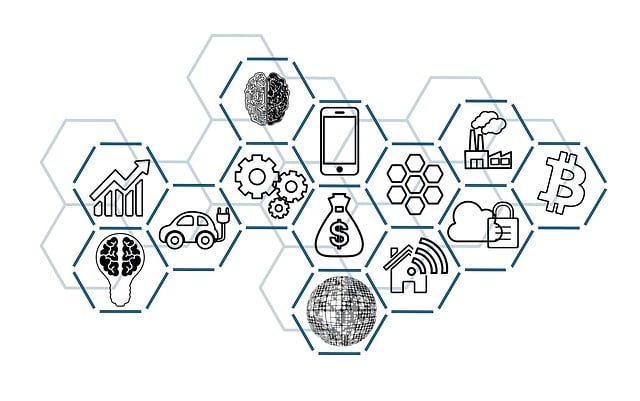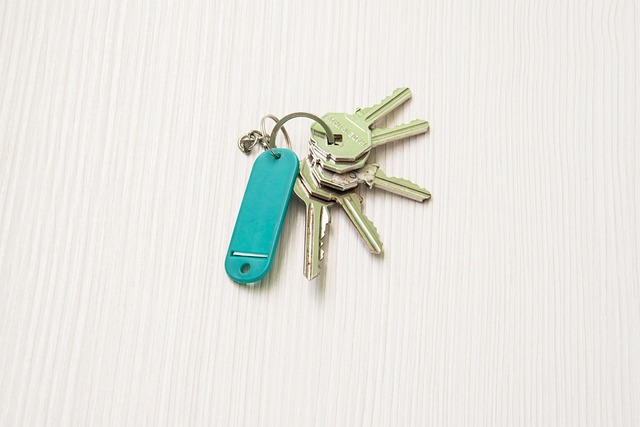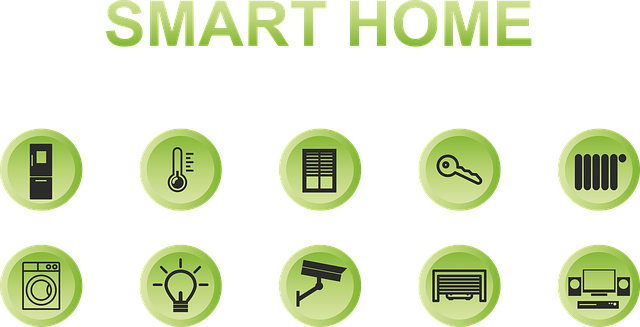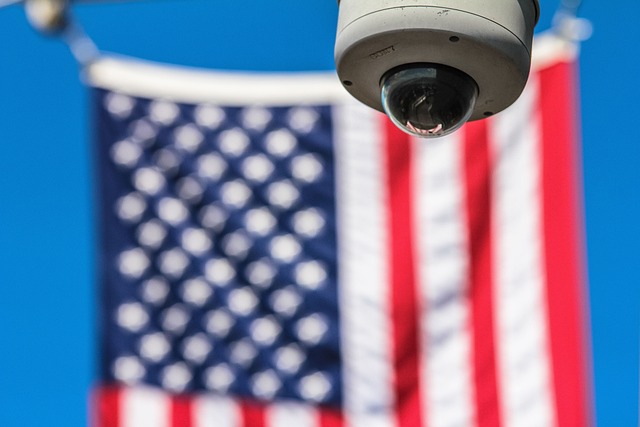Expert Installation of Smart Surveillance Systems: Your Peace of Mind Guarantee

Smart surveillance is transforming security with real-time monitoring, AI-driven decision-making, an…….
Smart-Home Security Systems: A Comprehensive Analysis
Introduction
In an era where technology intertwines with our daily lives, smart-home security systems have become a cornerstone of modern home safety and convenience. These sophisticated systems integrate advanced technologies to monitor, control, and secure our homes more effectively than ever before. This article delves into the intricacies of smart-home security systems, exploring their relevance, benefits, and the broader impact they have on society. Readers will gain a deep understanding of how these systems function, the trends shaping their evolution, and the future prospects that promise to make our homes safer and more efficient.
Understanding Smart-Home Security Systems
Smart-home security systems are an amalgamation of various devices and software working in harmony to ensure homeowners have a comprehensive view of their property’s security status at all times. These systems encompass surveillance cameras, motion detectors, door locks, alarm systems, and sensors that can be managed remotely through smartphones or computers. The core components typically include:
The historical context of these systems reveals a gradual transition from simple alarm systems to fully connected and intelligent security networks capable of learning and adapting to user behavior and environmental cues. These systems are significant as they not only enhance security but also offer homeowners greater control over their living spaces, energy consumption, and even contribute to the reduction of carbon footprints through smart management of heating and cooling.
Global Impact and Trends
The influence of smart-home security systems is evident across the globe, with different regions adopting these technologies at varying paces due to economic, cultural, and regulatory factors. For instance, North America and Western Europe have seen significant adoption rates, driven by technological advancements and a high disposable income among consumers. Meanwhile, emerging markets like Asia-Pacific are rapidly catching up, with countries such as China and India showing promising growth due to increasing urbanization and a growing middle class.
Key trends shaping the trajectory of smart-home security systems include:
Economic Considerations
From a macroeconomic perspective, smart-home security systems are a significant driver of growth in the home automation industry. Market dynamics indicate a surge in demand, fueled by consumer awareness and technological advancements. Investment patterns show a trend towards venture capital funding for startups that offer innovative security solutions, highlighting the economic potential of this sector.
Smart-home security systems play a crucial role in various economic systems by:
Technological Advancements
The technological advancements in smart-home security systems are nothing short of remarkable. From biometric access control to facial recognition and advanced AI-driven analytics, these systems have evolved significantly. The impact of these technologies is profound, offering homeowners enhanced protection and convenience. For example, deep learning algorithms can now differentiate between normal activity and potential threats, leading to more accurate alerts.
Future potential includes the integration of 5G technology for faster and more reliable communication between devices, as well as the incorporation of blockchain for secure data storage and transmission. The role of AI is set to expand further, with predictive analytics capable of preemptively identifying vulnerabilities and threats before they materialize.
Policy and Regulation
The policy and regulatory landscape governing smart-home security systems are complex and vary by region. In the United States, regulations focus on data privacy and cybersecurity standards, such as those enforced by the Federal Trade Commission (FTC) and the Department of Homeland Security (DHS). The General Data Protection Regulation (GDPR) in the European Union sets stringent rules for data handling and protection, affecting how companies operate globally.
Legislative frameworks are critical in shaping the development and implementation of these systems by ensuring:
Challenges and Criticisms
Despite their benefits, smart-home security systems face several challenges and criticisms. These include concerns over privacy and data security, the complexity of integrating various devices from different manufacturers, and the potential for system vulnerabilities. Additionally, there is a debate over the environmental impact of these systems, with critics pointing out the energy consumption associated with continuously connected devices.
Addressing these challenges requires a multi-faceted approach that includes:
Future Prospects
The future of smart-home security systems is bright, with advancements promising even more integrated and intelligent solutions. The convergence of home automation, IoT (Internet of Things), and AI is likely to yield systems that not only secure our homes but also optimize energy usage, enhance comfort, and improve our quality of life.
Emerging technologies such as augmented reality (AR) for visualizing security threats and virtual reality (VR) for simulating potential security breaches are on the horizon. The integration of smart-home systems with vehicles, particularly electric and autonomous ones, is also anticipated, offering a seamless experience for users on the move.
In conclusion, smart-home security systems represent a significant advancement in home protection and automation. Their global impact is evident, with economic, technological, and regulatory forces shaping their evolution. As these systems become more sophisticated and integrated, they will undoubtedly continue to enhance safety, convenience, and efficiency for homeowners around the world.

Smart surveillance is transforming security with real-time monitoring, AI-driven decision-making, an…….

Smart home cameras are essential tools for modern security, offering remote monitoring, real-time vi…….

Wireless security systems revolutionize home protection with flexible, modern solutions. Using radio…….

Smart surveillance is transforming home safety with advanced camera systems, AI analytics, and cloud…….

Remote monitoring security is a core aspect of modern smart home and business security, enabling use…….

In the digital era, smart home security integrates convenience and protection seamlessly, addressing…….

Smart home security technologies, featuring advanced sensors and locks, transform personal protectio…….

Smart locks and integrated alarm systems are transforming home security by offering remote access co…….